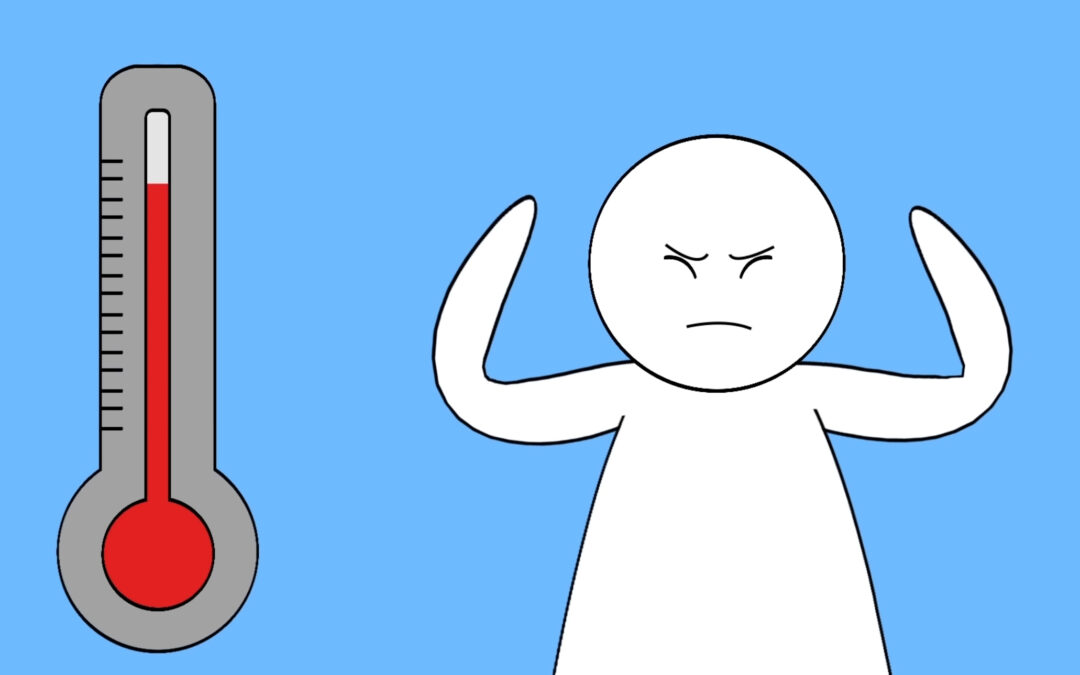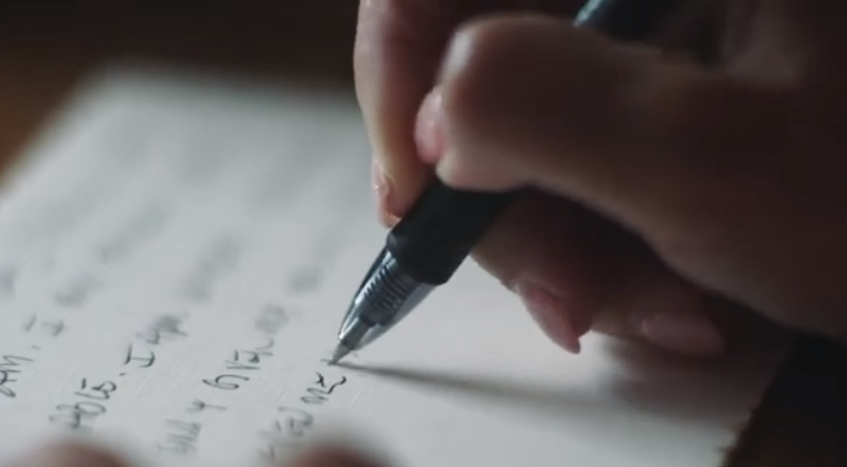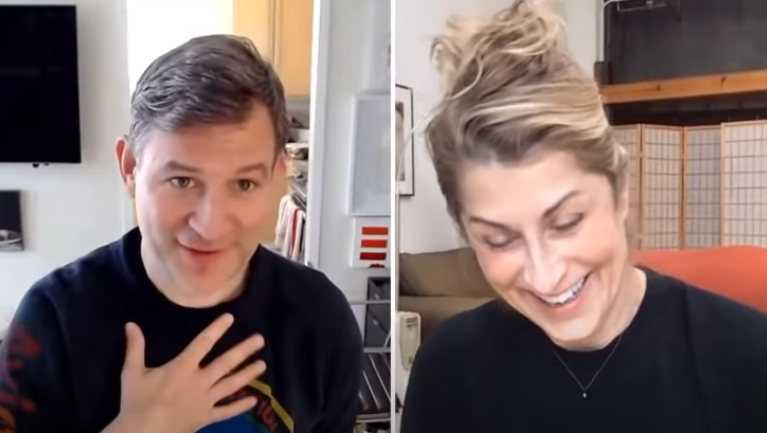
Nov 8, 2023 | Mental Health Ministry, Stronger Together Support Group
Hello friends,
However many decades ago, post-traumatic stress disorder, or PTSD, was a relatively unknown form of mental illness. There have since been massive public education campaigns on PTSD and how it can affect people who experience significant tragedies, particularly soldiers involved in war. In the however-many-decades since, education efforts have increased awareness to the point that you often hear people jokingly or half-seriously talking about having PTSD, similar to how people often talk about depression and anxiety.
Awareness is good, but it’s a double-edged sword: we throw around mental illness labels like PTSD too frequently and unseriously, and as a result we may think we know what PTSD really entails, but probably we don’t understand it as well as we should. The result is both a tendency to self-diagnose (don’t do this!), as well as dangerous misperceptions about how the illness actually affects people (stereotyping and prejudice… don’t do this either!).
How do we address these risks? First, we actively seek to learn, even when we think we already have the right answers. Second, we actively seek to listen with compassion and curiosity to those whose lives have been directly affected by mental illness. And that’s exactly what we’re going to do in this week’s discussion, starting with a brief but highly informative video on PTSD inspired by a mental health advocate who has lived with the condition. Another great opportunity to become more educated and to expand our capacity to empathize!
Our warm-up question for this week:
Would you rather be good at writing books, or writing songs? What’s one book or song that you wish you could have written?
See you soon,
Alex

Nov 2, 2023 | Mental Health Ministry, Stronger Together Support Group
Hello friends,
We’ve talked before about the virtues of journaling for promoting mental well-being, but there’s a slightly different form of writing that has been shown to be especially powerful for helping people recover from traumatic situations and generally “getting out of our own heads.” It’s called expressive writing, and it helps us make better sense of ambiguous or otherwise anxiety-causing thoughts and feelings. Once we make better sense of them, it’s easier to move forward.
It sounds simple because it is! We’ll start this week’s discussion by watching a brief video about the power of expressive writing and how to get started with the practice. From there we’ll reflect on when and how writing/journaling exercises such as this one have (or could have) made a positive impact on our well-being. We might even try a mini-exercise together during the discussion!
Our warm-up question for this week:
Flashbulb memories are vivid, long-lasting memories about a surprising or shocking event from the past. What’s a flashbulb memory from your childhood?
See you soon,
Alex

Oct 19, 2023 | Mental Health Ministry, Stronger Together Support Group
Hello friends,
The Dalai Lama is often quoted, “If you want others to be happy, practice compassion. If you want to be happy, practice compassion.”
That sounds great and all, but let’s get real: there are many times when our anger, frustration, sadness, and fear make it all-but-impossible to feel compassion for some people. Sometimes these “some people” are neighbors or colleagues, and sometimes these “some people” are political tribes, militaries, or entire nations. What is the disconnect between this obvious reality and what the Dalai Lama is talking about?
The truth is that I don’t know the answer to this question, but I do think I’ll learn a lot from each of you if we explore it together. We’ll start by watching two brief segments from an interview with a Buddhist teacher about compassion for our enemies, and allow the discussion to evolve from there.
Please consider joining the conversation this week. There are no right or wrong answers, no good or bad feelings. The only thing that matters is showing up, being present, and being willing to support one another.
Our warm-up question for this week:
Finish this sentence: As I see the leaves change color during fall, it makes me…
See you soon,
Alex

Oct 12, 2023 | Mental Health Ministry, Stronger Together Support Group
Just last week we had a lighthearted (but thoughtful and productive) conversation about joy. What a difference a week can make.
I suspect you are as heartbroken as I am, and maybe more. Let’s talk about it tomorrow, shall we?
I also want to share with you an article sent to me that was published in WaPo. On the surface it’s about Seasonal Affective Disorder, or SAD, which we’ve discussed previously in Stronger Together. The underlying theme, however, is about how we prepare for mental health struggles ahead. The article was published Oct. 5, two days before the attack on Israel.
Our warm-up question for this week:
How are you feeling right now, and what have been the range of emotions you’ve felt over the past few days?
See you soon,
Alex
Oct 5, 2023 | Mental Health Ministry, Stronger Together Support Group
Last week we had a great conversation about clinical depression, and (thanks to the power of metaphors!) walked away with a deeper and more nuanced understanding of what this form of mental illness can feel like to those who experience it. This week we’re going to swing the pendulum in the exact opposite direction…which is what, exactly?
One way to think about the “opposite” of experiencing depression is experiencing joy. According to developmental psychologist (and Presbyterian minister) Dr. Pamela King, “[a] helpful way of thinking about joy is understanding what matters most in human life.” In the article Dr. King goes on to identify three areas that inform joy: (1) growing in authenticity and living more into one’s strengths, (2) growing in depth of relationships and contributing to others, and (3) living more aligned with one’s ethical and spiritual ideals.
We’re going to complement this cerebral, albeit brief article on joy with a video that is also short but offers a Biblically-oriented exploration of joy. How do these two understandings overlap, and what does that tell us about the relationship between feeling joy and feeling depressed?
Our warm-up question for this week:
What do you want to do for your next birthday party?
See you soon,
Alex
Sep 26, 2023 | Mental Health Ministry, Stronger Together Support Group
Hello friends,
Sometimes the simplest of metaphors help us see an issue from a deeper, more personal level. That’s why we’re going to watch a short video about a dog this week. [Insert joke here about how we’re not dogging it in Stronger Together, or about depression being a “total dog”, etc.]
In this case the “dog” is depression, and if you’ve never experienced what it’s like to live with clinical depression (as I have not), this is a great way to understand it through a different lens. Also if you’re like me and you happen to like dogs regardless of their coat color, you might feel ambivalent about this metaphor… at least until the end of the video.
Our warm-up question for this week:
Describe how your week has been using a metaphor. Similes are okay, too!
See you soon,
Alex



